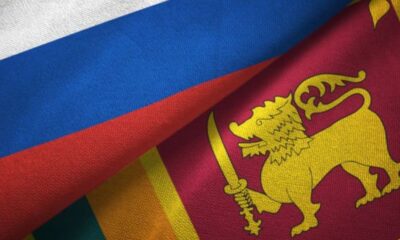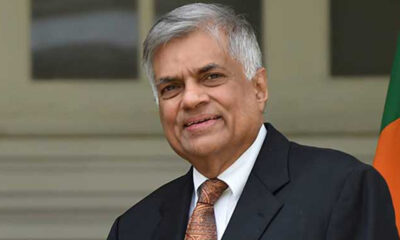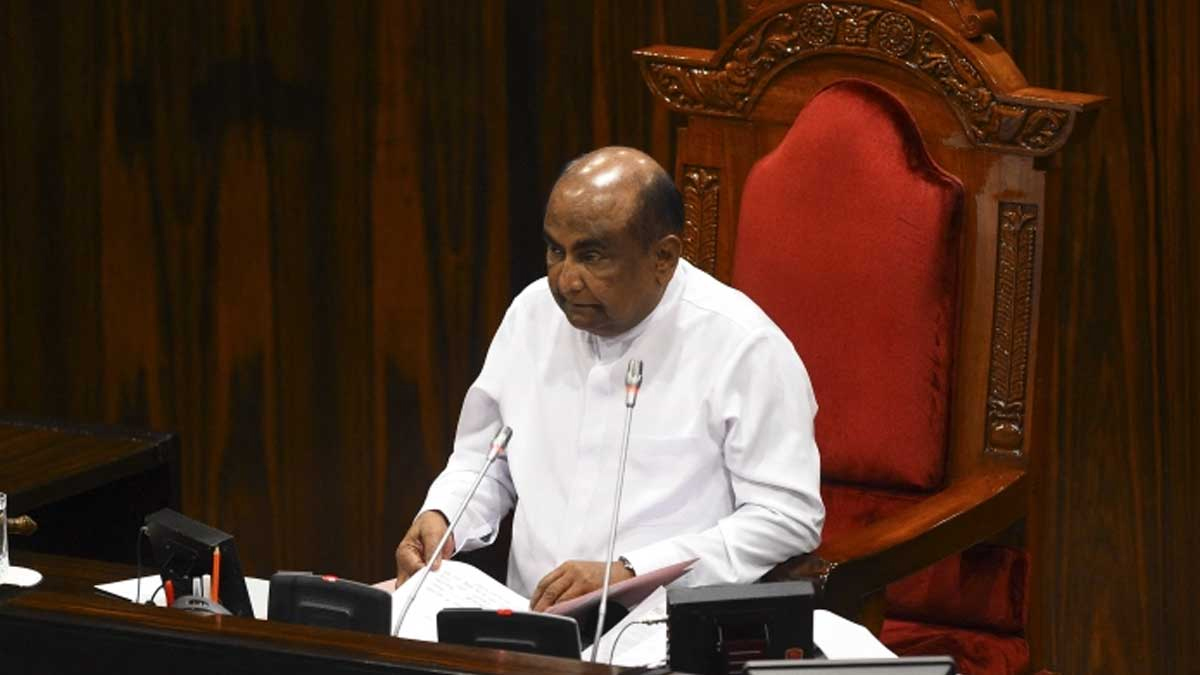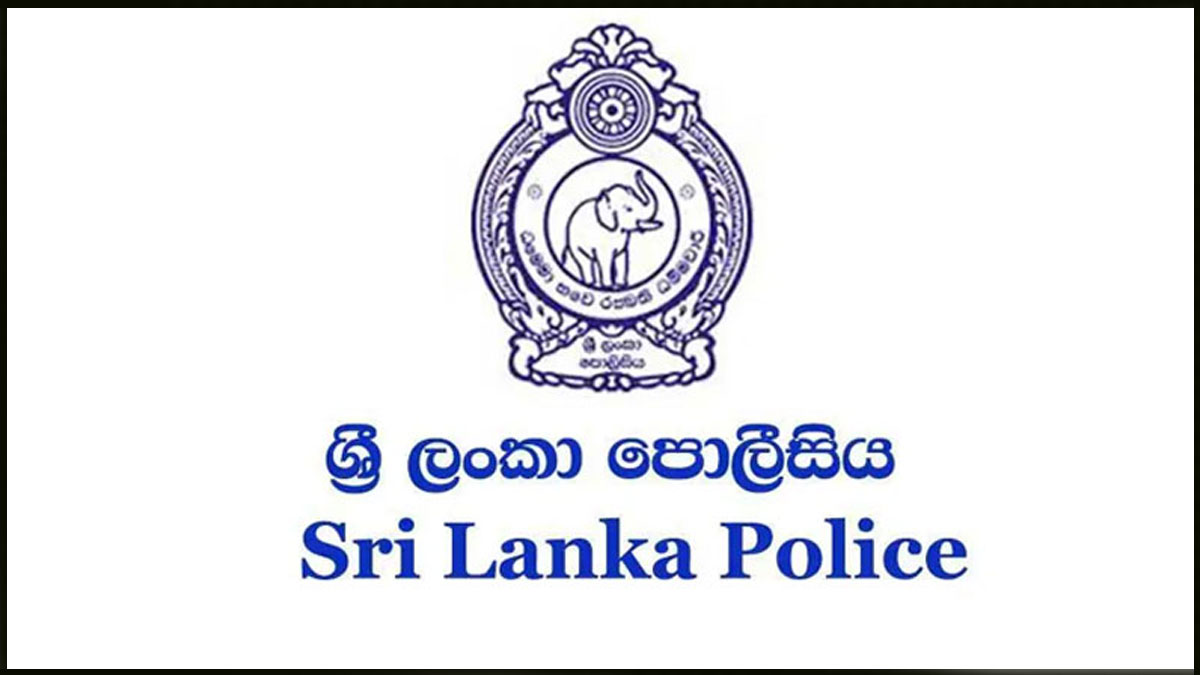Uncategorized
Only USD 19.8bn will be restructured from domestic debt

Uncategorized
Advisory issued on severe lightning, heavy showers
Uncategorized
Dates set to debate on no-faith motion against Speaker
News
Police in civvies prohibited from stopping vehicles
-

 BIZ3 days ago
BIZ3 days agoPhonePe UPI payments launched in SL
-
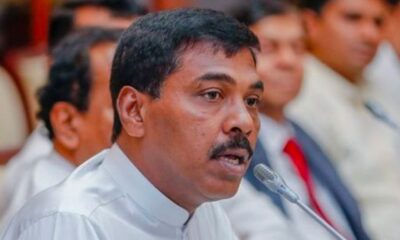
 News3 days ago
News3 days agoState Minister admits to assaulting airport porter
-
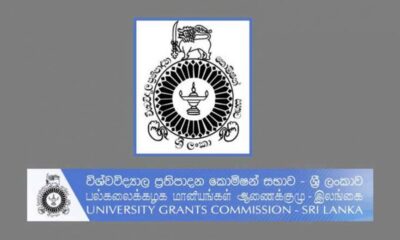
 News3 days ago
News3 days agoUni. exams postponed due to non-academic staff strike
-
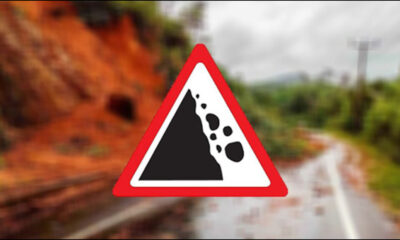
 News3 days ago
News3 days agoElla-Wellawaya road temporarily closed
-
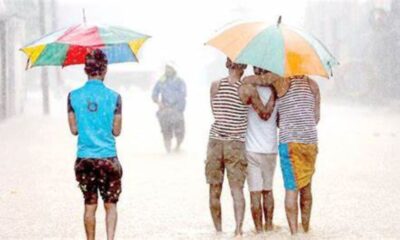
 News3 days ago
News3 days agoKandy inundated after heavy rains
-

 News2 days ago
News2 days agoGovt. to transform agriculture using modern tech – President
-
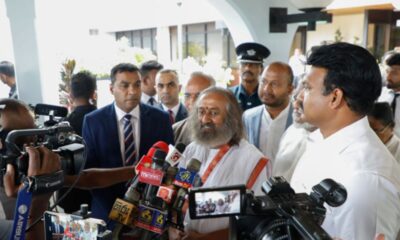
 News1 day ago
News1 day agoGurudev Sri Sri Ravi Shankar arrives in Sri Lanka
-
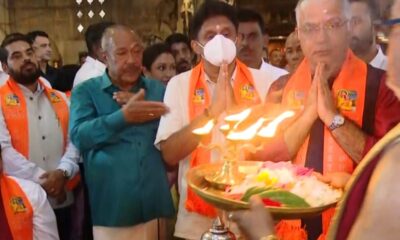
 News2 days ago
News2 days agoMahinda, Sajith Join Indian HC At Mayurapathy Kovil Ceremony






